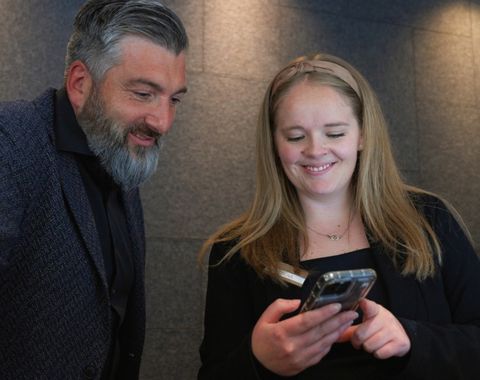General information on "tracking"
The term tracking is derived from the English verb to track and refers to the tracking, recording and subsequent analysis of the behavior of users on the Internet.
User tracking enables the clicks and movements of a user to be tracked and traced precisely, thus enabling user behavior on websites to be analyzed.
With the help of tracking measures such as the HTTP header, JavaScript or cookies, it is possible to see how the user arrives at the website, which areas he or she clicks on and how long he or she stays there. This information is relevant for finding out which advertising encourages a user to buy a product or book a service.
Web analysis tools such as Google Analytics can be used to evaluate and store user data. Tracking plays a major role in online marketing and is used by companies to present the service or product offered to the desired target group as attractively as possible. Regulations and laws on data protection ensure that such user data is handled responsibly.
Benefits of tracking in hotel marketing
- Better understanding of the target group
- Personalized marketing campaigns
- Optimization of the website
- Effective resource allocation of the marketing budget
- Improved conversion rate
Frequently asked questions about tracking in hotel marketing:
What is the purpose of tracking in hotel marketing?
Tracking in hotel marketing aims to analyze and understand the behavior of website visitors in order to target the interests and needs of potential guests. The data collected is used to evaluate the effectiveness of marketing campaigns and website performance. The insights gained form the basis for optimizations that in turn drive higher conversion rates, improved guest experiences, and ultimately successful guest acquisition.
How does tracking improve the conversion rate?
By tracking user behavior on a website, tracking enables hotels to identify weaknesses in the booking process or information intake. These insights enable targeted adjustments and optimizations that lead to a smooth user experience. This increases the likelihood that visitors will convert to bookings or other desired actions.
What data is collected during tracking?
Tracking collects a variety of data about the behavior of website visitors. This includes click behavior, time spent on specific pages, and search terms used. This information provides insights into visitors' interests, preferences and actions on the website, which in turn helps to target marketing strategies and optimize the user experience.
Which tools are suitable for hotel marketing tracking?
Tools such as Google Analytics offer comprehensive options for tracking and analyzing user behavior on hotel websites.
Book your Hotel Marketing Consultation:
15-Minute Expert Session - Free & without Obligation
- Exclusive one-on-one video call — free of charge, with no obligations
- In-depth assessment of your current digital marketing setup
- How to leverage guest data to drive direct revenue growth
- Proven strategies to boost occupancy and booking performance







.jpg)
.jpg)


.webp)